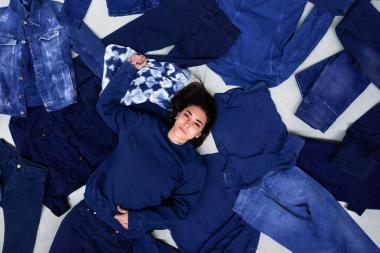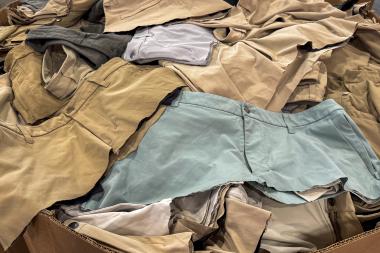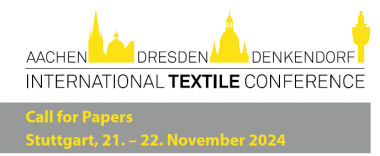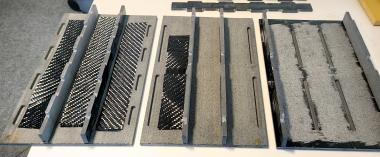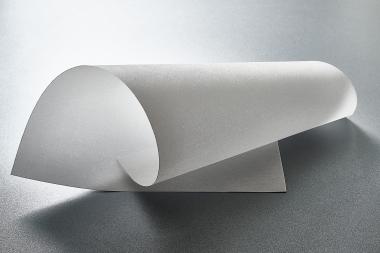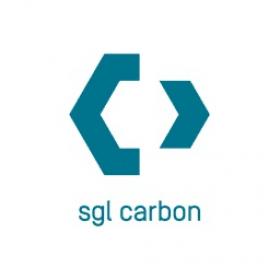Officina39: With indigo garment dyeing at Kingpins Amsterdam
The Italian chemical company presents its solution for indigo garment dyeing EASYNDIGO in Amsterdam. The promise is to make indigo easy to obtain in just a few simple steps. The technology, based on the Pull&Push Mechanism, uses specific agents to enhance the two-phase dyeing process of raw garments with indigo.
1st step: The pull mechanism
The Pull mechanism works on raw garments to pull indigo onto the fibers, using a special wetting and leveling agent called DETERWET EASYNDIGO, which acts as a solubilizer, ensures reproducibility and low-foaming, reducing dye migration during drying. It also involves the dispersing agent DISPERSOLO EASYNDIGO, effective for its diffusion-accelerating properties, which allows for a reduction in time and temperature of the dyeing process without compromising lightfastness.
2nd step: The push mechanism
The Push mechanism works on dye bath to push the indigo into the fibers using an innovative compound named BASE EASYNDIGO and pre-reduced indigo DenimBlu30 by BluConnection. This method achieves a bright and deep indigo color, improves wash and rubbing fastness, enhances levelness, and is formaldehyde-free.
3rd step
This extra phase is completely dedicated to creativity: with EASYNDIGO is easy to unleash it and get an authentic indigo garment, while reducing the consumption of water, energy and resources. Around these core concepts Officina39 continues to develop innovative solutions that make denim production increasingly responsible.
This innovative chemical package reaches its deepest effectiveness and gets power in combination with Tonello’s DyeMate technology: two Italian companies have combined their efforts to develop an innovative chemical and technological dyeing process.
Officina39


